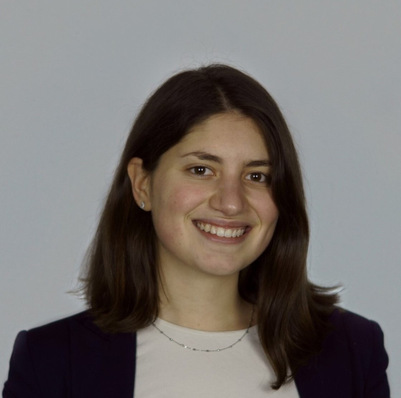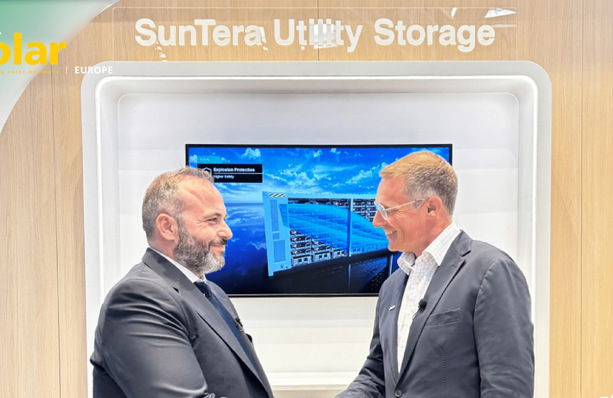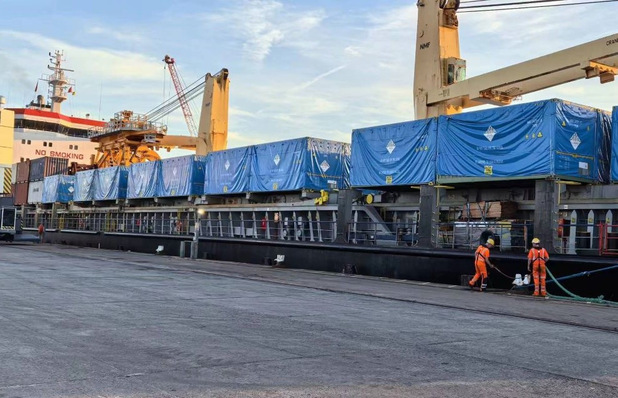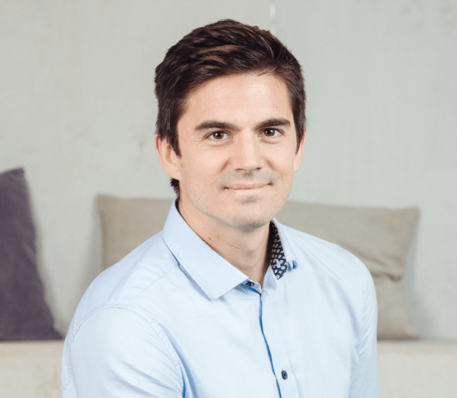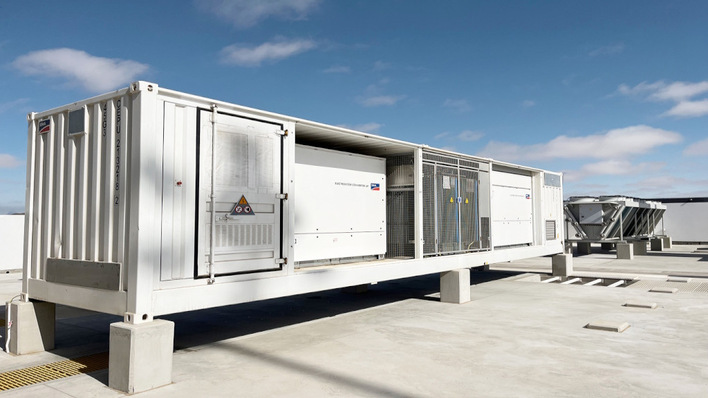Looking back to ten years ago, where were you?
Andreas Piepenbrink: Back then I was at Karmann, involved with electric vehicles. Electric mobility was a huge hype at the time which later ebbed away due to the economic crisis. In 2010, I founded E3/DC, which was no longer about cars but electricity storage.
When looking back, one often talks of landmark moments. Can you recall any such significant events?
I have very clear memories of the economic crisis of 2008 because it caused a 30 percent reduction in car sales. I can also remember the collapse of the German PV market in 2010 and 2011. In 2013 or 2014, when storage batteries actually became viable products. I would also see the introduction of state funding for solar batteries as a landmark, because it showed that the government understood that it made sense to support storage.
Ten years passed in a flash. Shall we try to take stock?
In the last two years we managed to stabilise the storage segment. We realised that getting into storage back then was a good decision. The world revolves around renewables, not electric cars. Our concept absolutely absolutely bears witness to that fact.
If you personally were to draw a lesson from the last decade, what would that be?
I underestimated the tenacity of lobbyists. Also, I realised that it is impossible to bring about change by political means. In spite of the state support, storage batteries are far from being taken for granted either in the political sphere or as part of the national grid. I was already keen to get involved in renewable energies ten years ago, but I had no idea how hard it would be.
Will that change in the coming decade?
Even in the next ten years the utilities will not be involved in this area. Renewable energies are an investment by society in general, not the public utilities. The old-fashioned energy sector continues to find that hard to cope with.
What makes you say that?
About 92 percent of our business is with non-utilities. Only 8 percent are from that sector that I would like to call the old-school energy industries. Our business will continue to grow I am sure, but not fast.
Where do you see E3/DC in ten years?
By then we will be generating 50 to 60 percent of our turnover abroad – with remote or off-grid systems. For the last seven years we have allowed well-healed home owners to become self-sufficient. We will continue to invest the next seven years into assembling as many off-grid systems as possible. And we act as the operator of a virtual power plant for the users of our solutions.
Will you become a new utility?
I do not see that happening. At its heart, our business is based on renewable energies and power plants, but we will not become an energy provider. I also believe that our home storage segment will continue steadily. We will mostly grow abroad. In ten years E3/DC will be about four to five times larger than today, with 300 staff and 200 million euros of yearly turnover: a solidly medium-sized company. That is going to be very exciting. Although our business will continue to grow, we will remain very details-oriented. We are the details experts for the common people.
A word on electric mobility: Will progress continue to be sluggish?
That sector will make progress, yes, but do not expect miracles. (HS)
Read more on E3/DC:
http://www.pveurope.eu/News/E-Mobility/E-Mobility-our-expert-s-interviews-at-a-glance
Get to know more about energy storage.
Stay informed, get our newsletter twice a week.
Register here: https://www.pveurope.eu/newsletter


